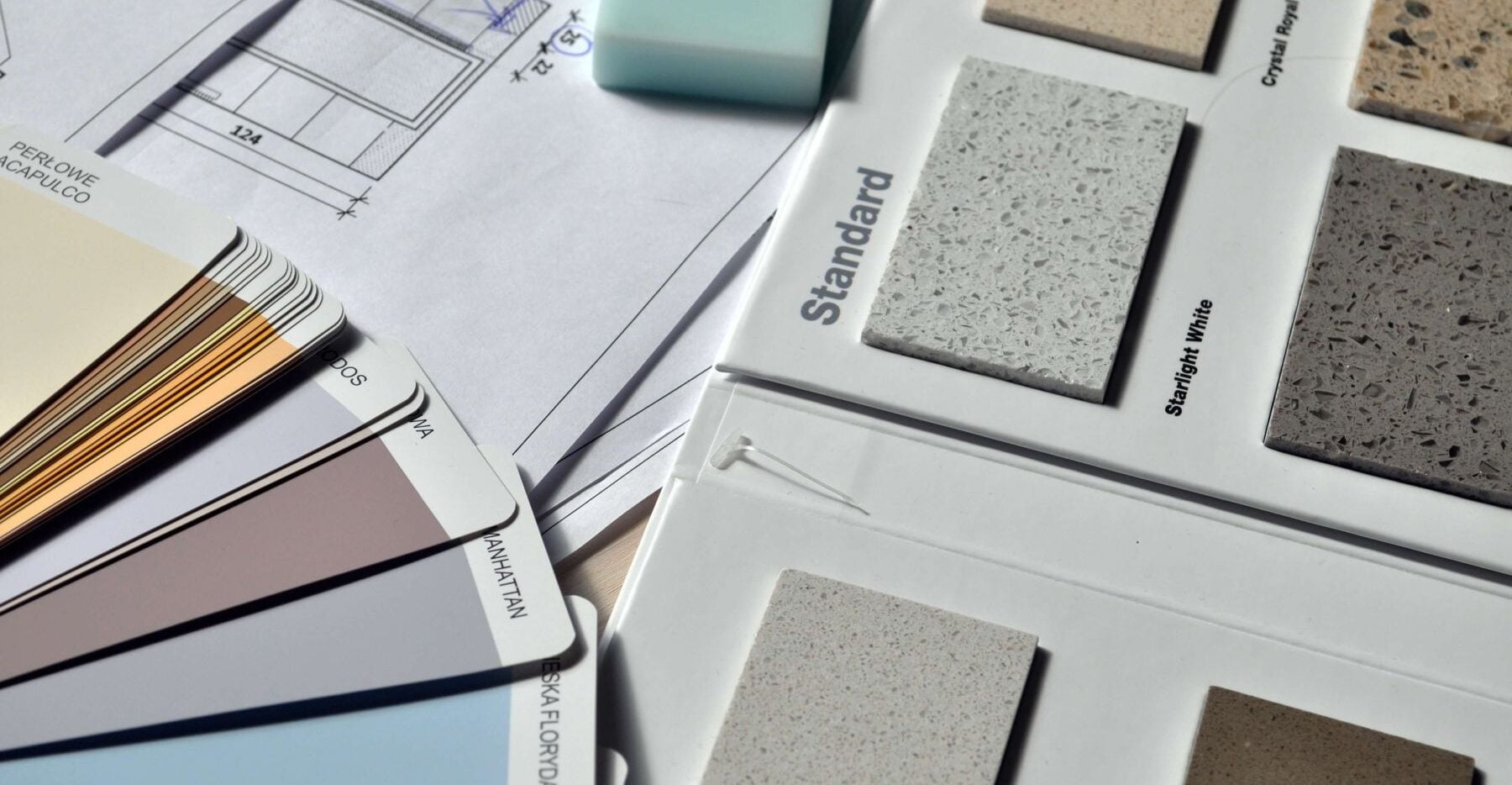Buying a home is a major financial goal for many people. It’s a significant investment that requires careful planning and saving.
One of the key aspects of preparing for homeownership is budgeting. Budgeting allows you to track your expenses, save money and achieve your financial goals. If you’re looking to save for a home, here are some essential tips on how to budget effectively.
Assess your current financial situation
The first step in budgeting for a home is to understand your current financial situation. Take a close look at your income, expenses and debt obligations. You can go through your bank statements and break everything down into categories — some banking apps even do this for you. Calculate your monthly take-home pay too and aim to track your expenses for a month to see where your money is going.
Make note of all your fixed expenses, such as rent, utilities and other payments, as well as discretionary expenses like eating out or entertainment (hello Netflix subscription!). Understanding your current financial situation will give you a clear picture of how much you can realistically save for a home.
Set a realistic savings goal
Once you know your financial situation, it’s important to set a realistic savings goal for your home. Begin to understand what you will need, considering the costs associated with buying or building a home at every stage.
Typically, saving 20% of your home’s purchase price is recommended, however it’s not always necessary. Set a saving goal that is feasible for your financial situation and be sure to account for other financial priorities like emergency savings, retirement contributions and paying off debt.
Create a budget
Now you know what savings goal you’re aiming for, it’s time to create a budget that aligns with your financial goals.
Start by allocating your income to cover your fixed expenses and debt payments. Then, prioritise your savings by setting aside a portion of your income specifically for home buying budget. While it’s good to have some money allocated for life’s pleasures, it could be a good time to be super mindful of unnecessary expenses that can delay your saving progress. Creating a budget will help you manage your money effectively and ensure that you’re putting enough aside for your home savings.
Cut expenses and increase savings
To save for a home, you may need to make adjustments to your spending habits.
Look for ways to cut expenses and increase your savings. For example, can you cancel some streaming subscriptions, or make lunch and dinner at home more?
Identify opportunities to save on your regular bills, such as renegotiating phone plans or your internet package, or finding more affordable insurance options. Every dollar you save can contribute to your home savings and bring you closer to your goal.
Seek professional advice
A financial advisor or a mortgage professional can provide you with expert guidance on budgeting, saving, and managing your finances to achieve your home buying goals. They can help you understand the best strategies for saving for a home based on your unique financial situation and provide insights on the home buying process.
Remember, becoming a homeowner is a significant financial milestone, and with careful budgeting and planning, you can make your homeownership goals a reality.
Stay disciplined, stay focused and you’ll be well on your way to achieving your dream of owning a home.


